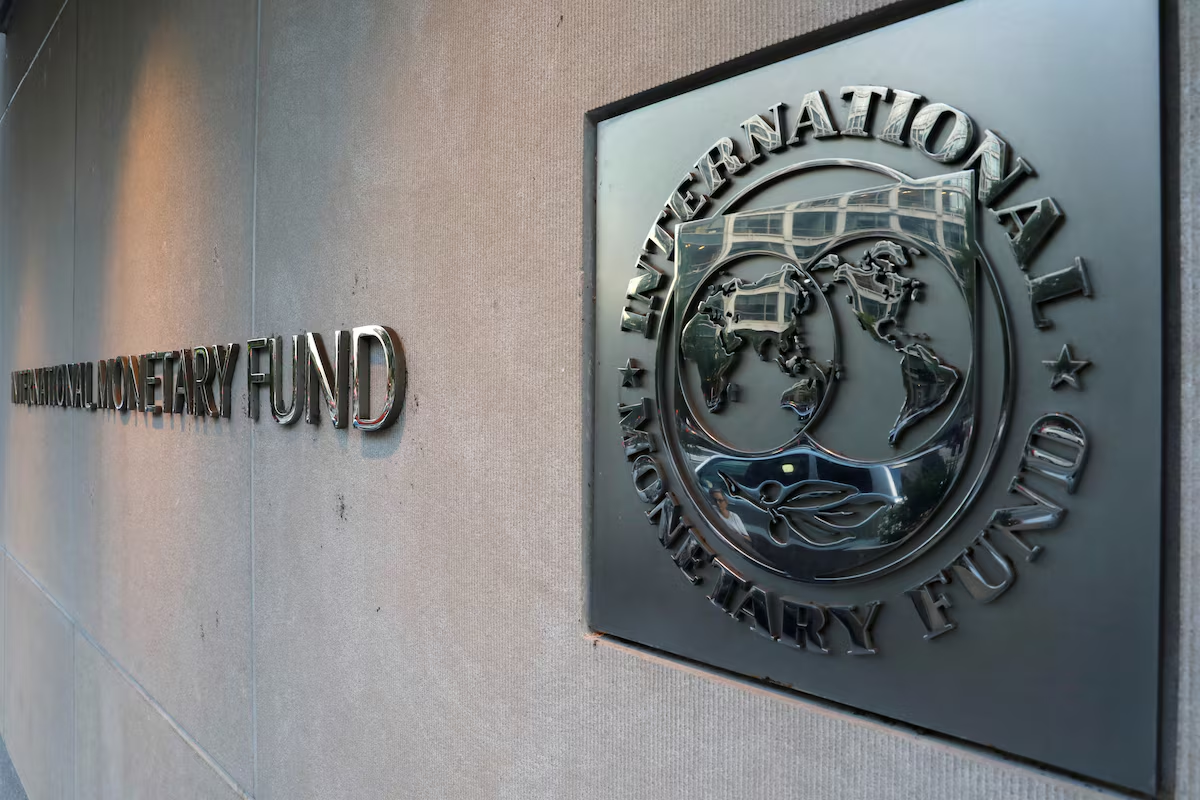

Africa’s growing youth population is both a promise and a challenge. With over 60% of its population under the age of 35, the continent is brimming with potential innovators, leaders, and entrepreneurs. However, this demographic dividend risks becoming a liability, as unemployment and lack of opportunities continue to plague young people. Addressing youth unemployment is no longer just an economic concern; it’s a social and political imperative.
Youth unemployment in Africa has reached a critical level, with millions unable to secure meaningful work or access education and training. Recent estimates suggest that by 2025, 121 million young Africans will fall into the NEET (Not in Education, Employment, or Training) category. This figure reflects a worrying trend, as the numbers have been rising steadily over the years. Unlike other regions that have managed to reduce youth unemployment rates, Africa’s unique demographic pressures—including rapid population growth—make the challenge even more complex.
Countries in East Asia and Europe have seen youth unemployment drop significantly since 2015, but Africa’s figures have moved in the opposite direction. Compounding this issue is the expectation that the continent will add 132 million young people to its population within the next decade, further straining an already overstretched job market. Without strategic interventions, this wave of young people could face limited prospects, creating a ripple effect across societies.
One of the most promising solutions lies in empowering young people to create their own opportunities. Recognizing this, governments and organizations across Africa are increasingly investing in youth entrepreneurship. The African Development Bank (AfDB) has emerged as a key player in this movement, dedicating significant resources to support youth-led enterprises. In 2024 alone, the AfDB allocated $577 million in loans and grants for job creation and entrepreneurship projects in 13 countries, including Tanzania, Somalia, and South Sudan.
Tanzania, for instance, received $130 million to boost youth-led agricultural initiatives. Kenya has also taken bold steps, establishing a $385 million fund to finance small businesses and startups, particularly for young entrepreneurs who face barriers in accessing traditional bank loans. These efforts underscore a growing recognition that entrepreneurship is not just an economic activity but a transformative force for societal change.
Beyond financial investments, there is a need for a coordinated approach that combines skills training, mentorship, and access to markets. Programs such as the Youth Entrepreneurship and Innovation Multi-Donor Trust Fund have been instrumental in providing young Africans with the tools needed to launch sustainable businesses. By fostering innovation and resilience, such initiatives are helping to lay the groundwork for a more dynamic and inclusive economy.
International partnerships are also playing a crucial role. Ethiopia recently received $42.86 million from the AfDB to support women and youth-led businesses, while Côte d’Ivoire secured €139.68 million for youth employment initiatives. These investments aim to address systemic barriers while building ecosystems where young entrepreneurs can thrive.
The fight against youth unemployment in Africa requires more than isolated efforts; it demands a comprehensive, long-term strategy. Investing in education systems that equip young people with relevant skills is essential. Equally important is infrastructure development, which can unlock economic opportunities in rural areas and reduce dependence on urban centers.
Governments must also prioritize creating environments that celebrate innovation and reward risk-taking. By cultivating entrepreneurial ecosystems that combine funding, mentorship, and market access, Africa can empower its youth to become drivers of economic growth. Collaboration between public and private sectors will be vital in achieving this vision.
Africa’s youth hold the key to the continent’s future. If given the right tools, opportunities, and support, they can transform their communities and propel Africa into a new era of prosperity. The path is clear: investing in youth is not just an option but an imperative for sustainable development.


